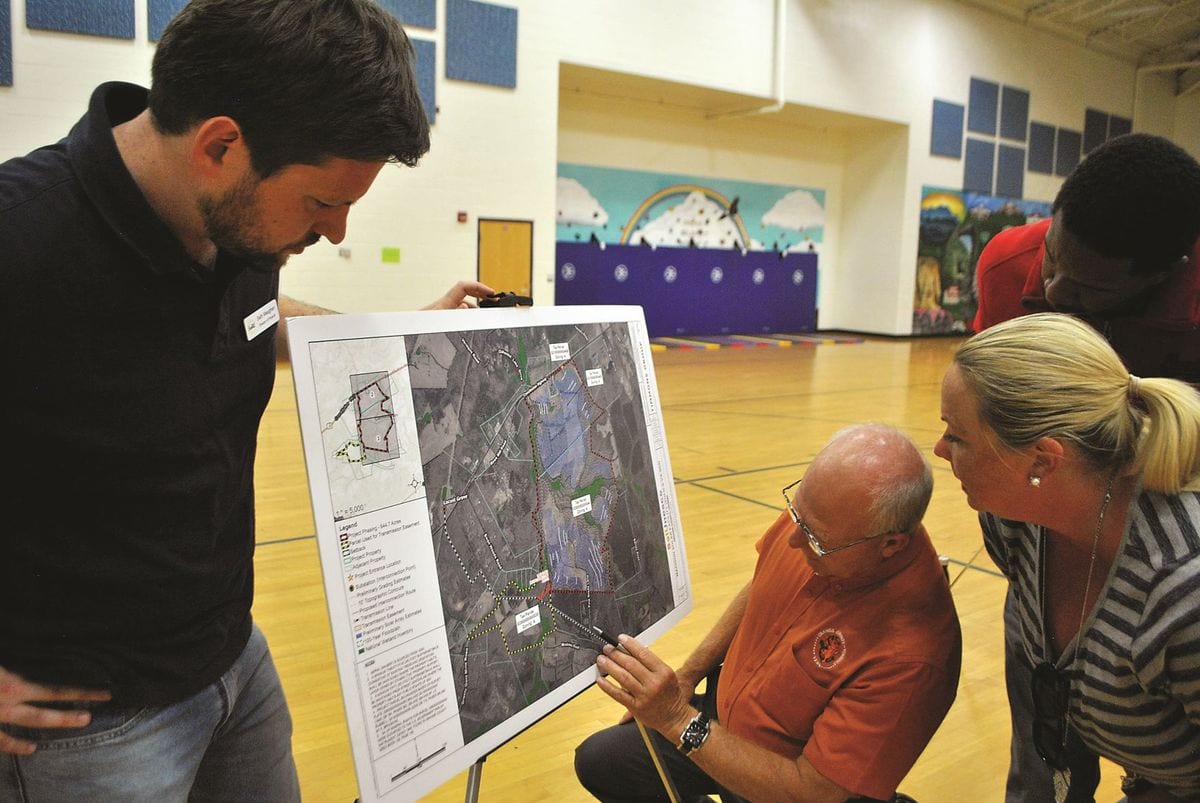As solar developers, we believe in our mission and the positive impacts of our work. Even so, we should never assume that a community will embrace a new solar energy generating plant.
Local permitting can be the most precarious stage of utility-scale solar development. It’s the only stage where the people who decide your project’s fate don’t follow a uniform rubric. A county official may be able to deny your project for any reason. As a result, politics and emotion often kill solar projects at local permitting.
Engaging with stakeholders on the ground is a critical part of the process to understand the perspective and potential concerns of the community. This approach worked well for us in Orange County, Virginia, where the Board of Supervisors voted to approve a Special Use Permit for our Madison Solar Project earlier this month. The 400-acre solar farm will produce 62.5 MW of energy (enough to power over 9,700 Virginia homes) and span 400 acres of agricultural land. Madison is the first utility-scale solar array proposed and approved in Orange County.
We believe that giving community members and decision-makers ample time to evaluate the project was key to our success. While we submitted the application several weeks before the December 5th vote, we originally approached the county in August of the previous year, a full sixteen months beforehand. This included an introductory meeting with each member of the Planning Commission and Board of Supervisors to educate them about the project.
We also prioritized community outreach. Our first step was to schedule a community meeting to directly address the concerns of individuals. While Orange County did not require this, we felt that it gave us a valuable opportunity to discuss the project with local residents and gauge their attitudes toward our proposed project.
Joining the Chamber of Commerce helped us build allies in the business community and participate in local events, such as the Orange County Street Festival and the Chili and Brewfest. Setting up booths at these events was an excellent way to solicit feedback and tailor the project to the community’s needs. While we can’t say that the local residents are ready to call us “community members,” we are confident they see us as more than the faceless Northern Virginia developers who approached them last August.
After a year of engaging with officials and community members, we had a better understanding of how to set ourselves up for success. For example, we included a white paper about alternative land uses in the application, and calculated expected tax revenues for the county.
After submitting our application, we returned to Orange to sit down with each board member one last time, which would reduce the chance of last-minute surprises. They heard our final arguments in favor of the project, and we had an opportunity to field any final questions or concerns prior to the hearing.
The Madison Solar Project is a testament to the power of community engagement. While members of the Planning Commission and Board of Supervisors originally stated outright that they were inclined to deny the project, they eventually gave their unanimous approval. We’re grateful that they approached it with an open mind. We believe that our due diligence in understanding the local community made the difference. We’re excited to continue working with Orange County to develop the Madison Project site.
(Photo Credit: Amber Galaviz, Orange County Review)


Leave A Comment